-

-

-

-

-
 Why Choose Stem Cell Therapy Plus ?
Why Choose Stem Cell Therapy Plus ? -
 Diabetes
Diabetes -
 Parkinson's Disease
Parkinson's Disease -
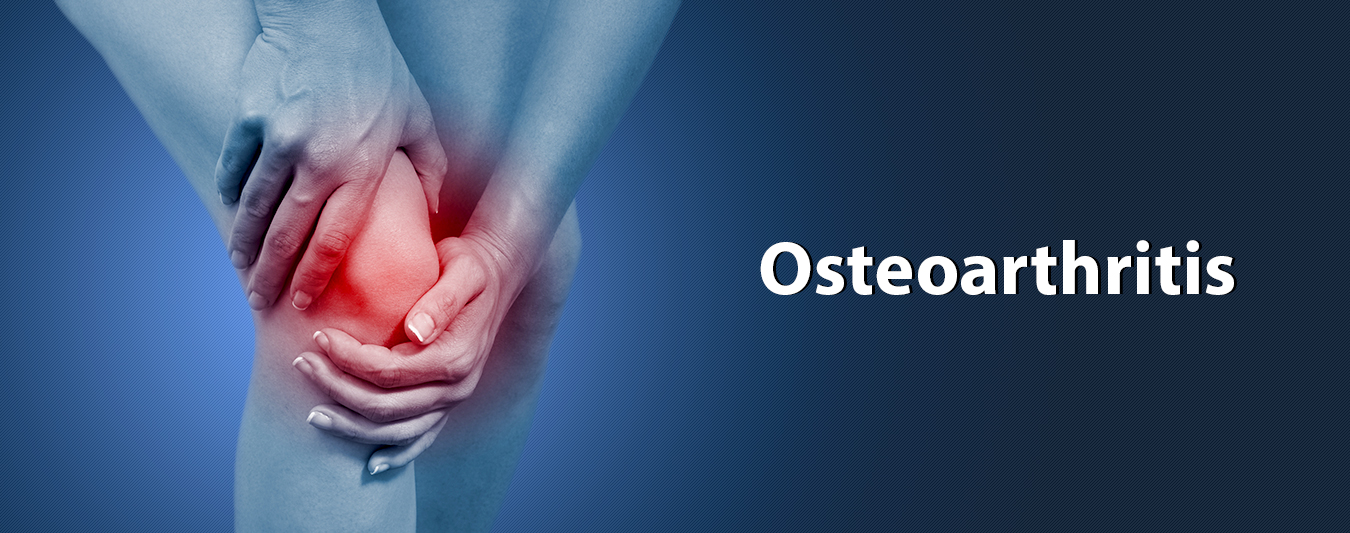
-
 Rheumatoid Arthritis
Rheumatoid Arthritis -
 Multiple Sclerosis
Multiple Sclerosis -
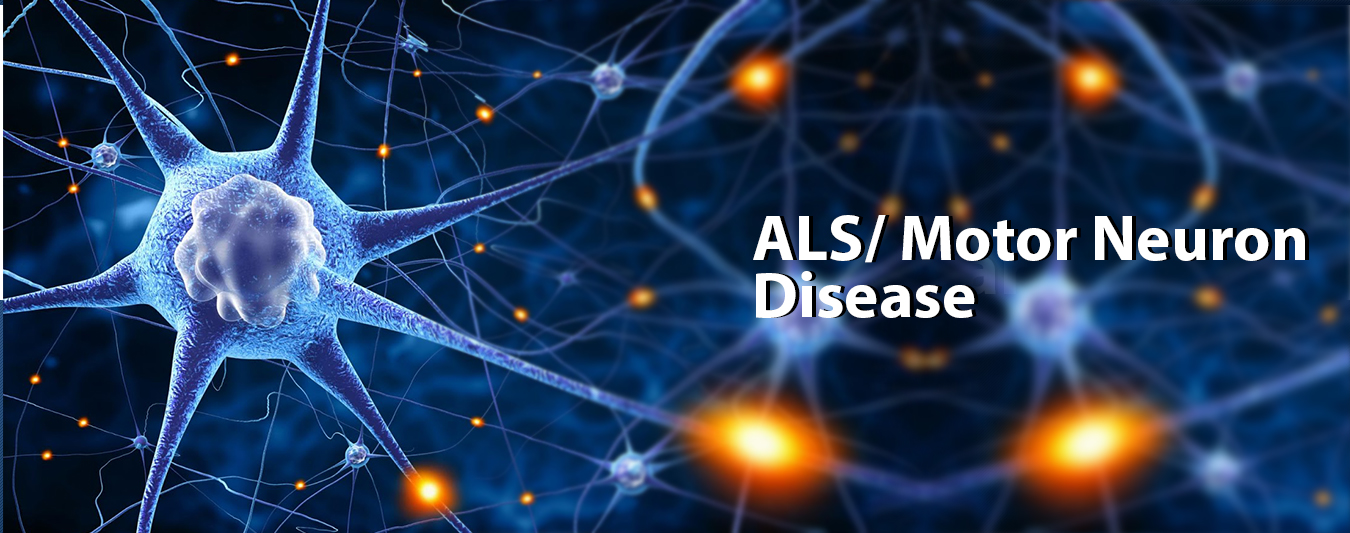
-

-

-

-
 Tinnitus/ Hearing Loss
Tinnitus/ Hearing Loss -

-
 Spinal Cord Injury
Spinal Cord Injury -
 Stroke
Stroke -
 Cerebral Palsy
Cerebral Palsy -
 COPD/ Lung Disease
COPD/ Lung Disease -
 Muscular Dystrophy
Muscular Dystrophy -

-
 Macular Degeneration
Macular Degeneration -

-
 Chronic Fatigue
Chronic Fatigue -

-

-

-
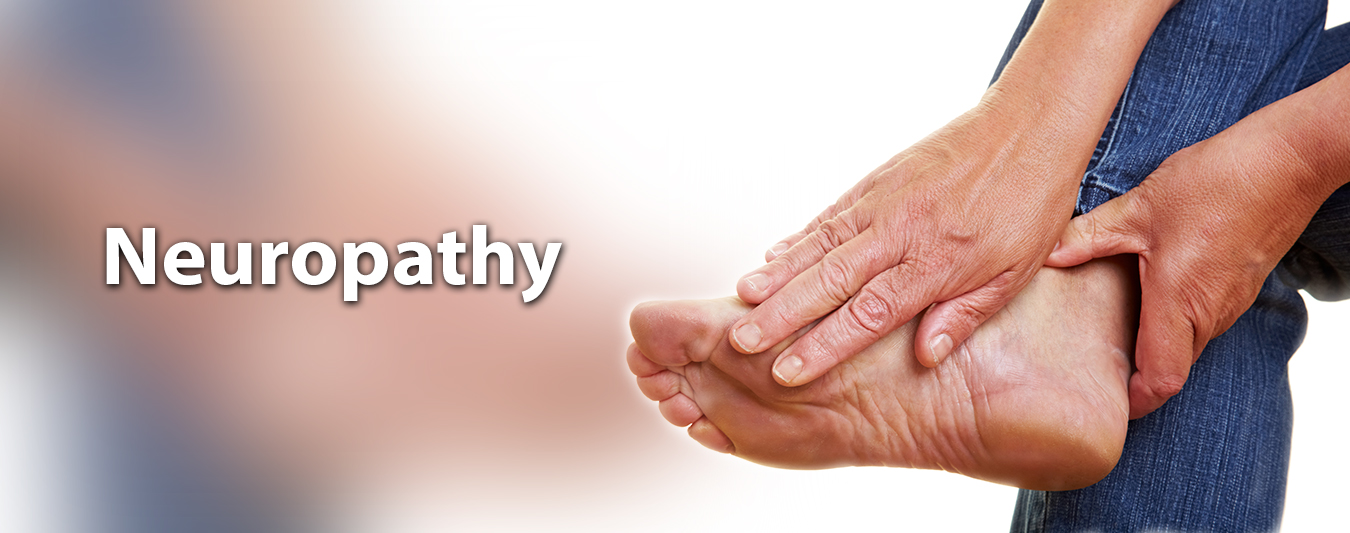
-

-

-
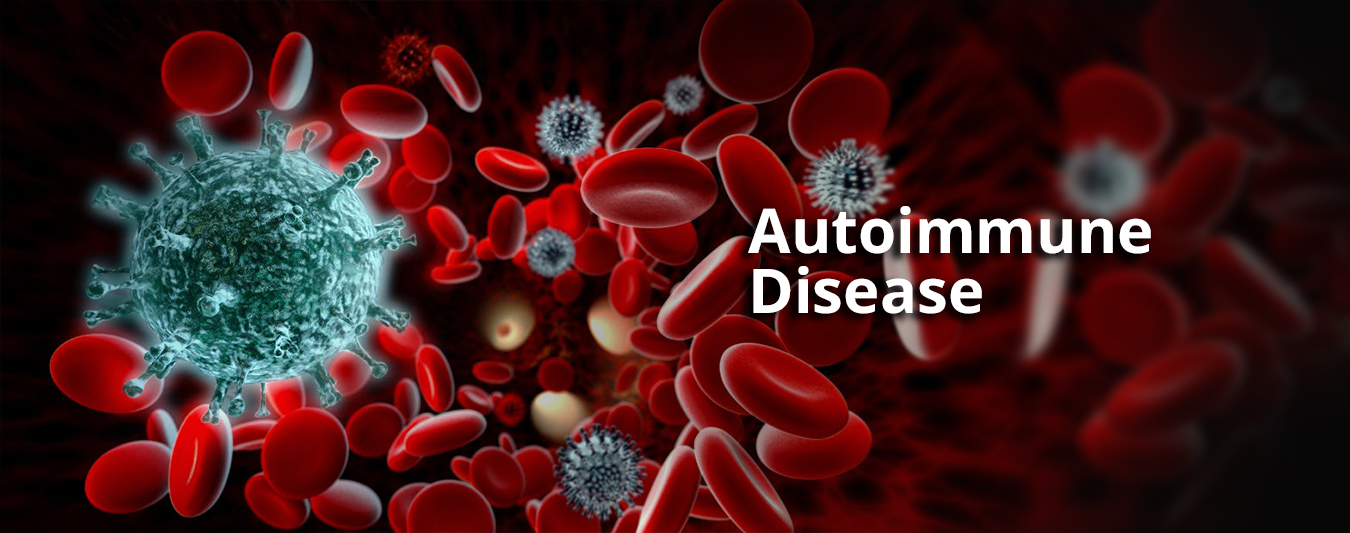
-

-

-

-

-

-
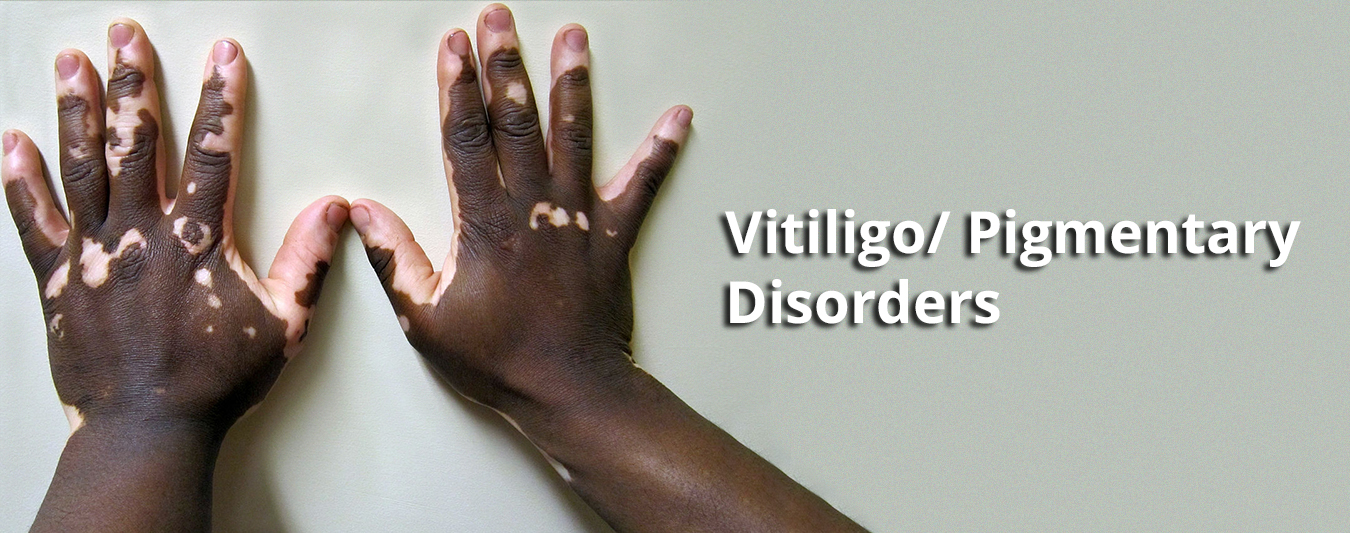
-

-

-
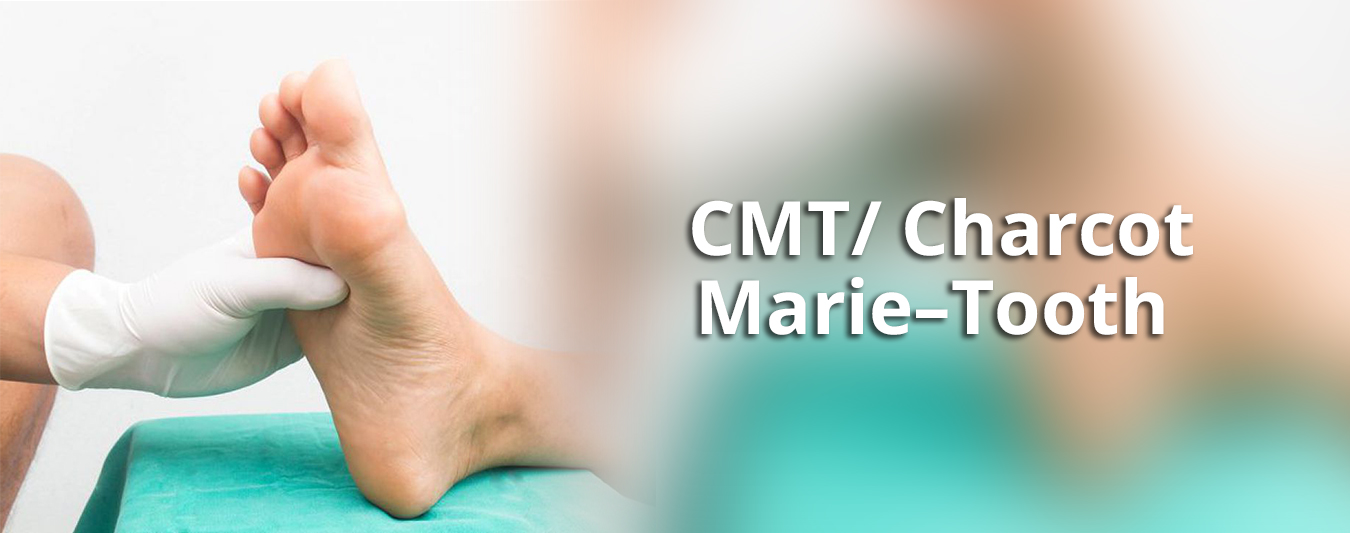
-

-

-

-

-

-

-

-

-

-

-
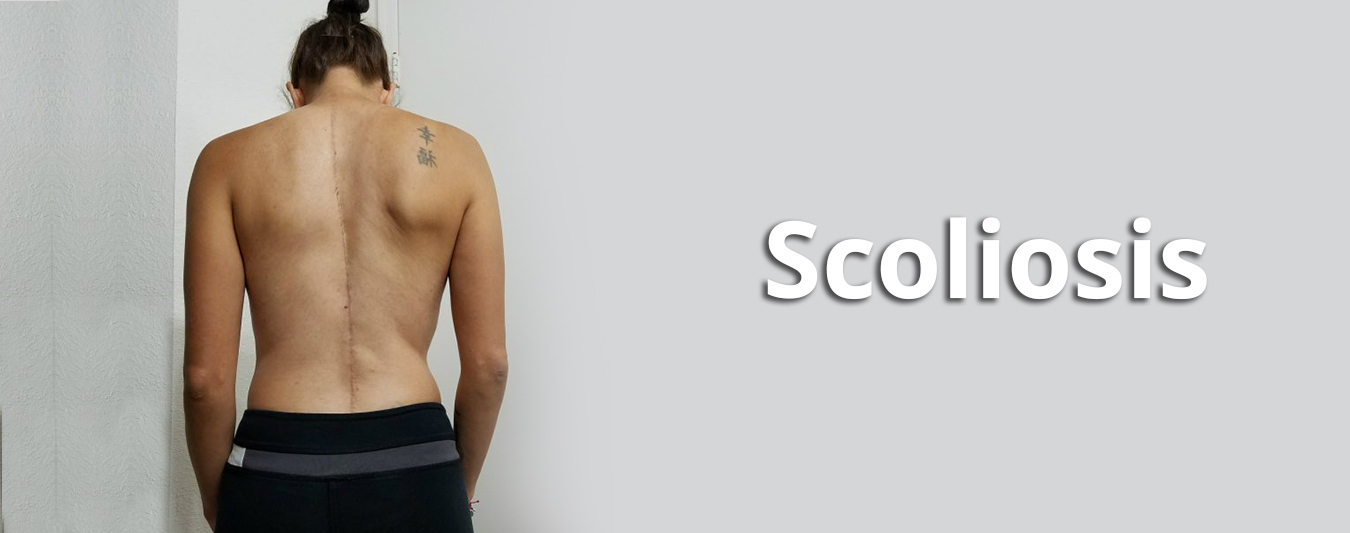
-

-

-

-

-
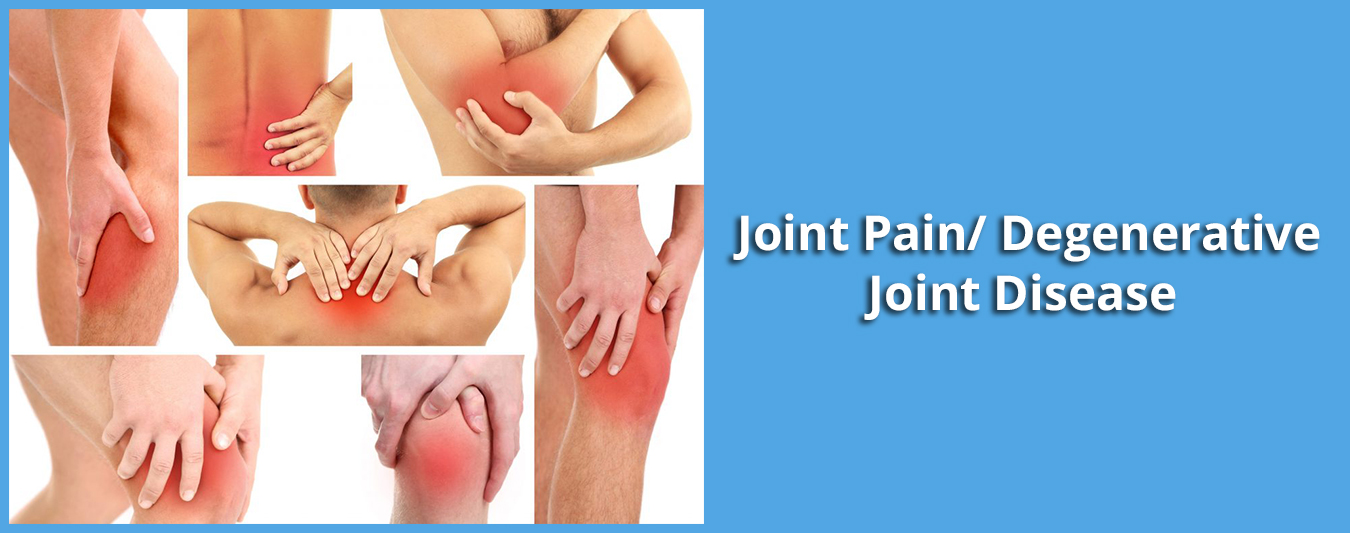
-

-

-
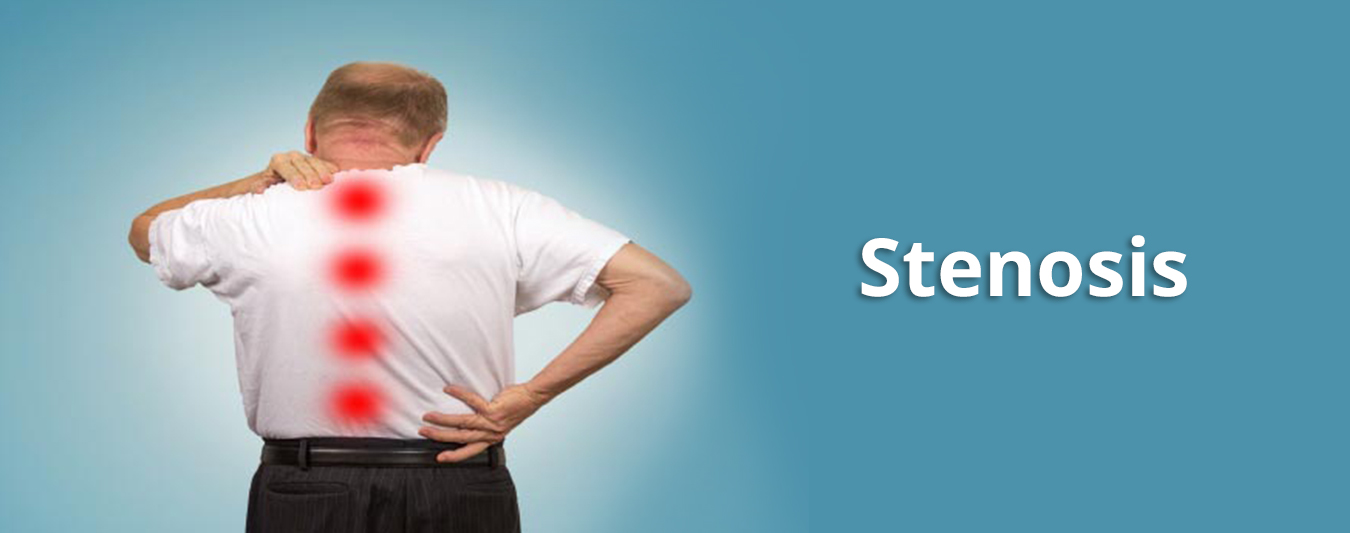
-

-

-

-

-
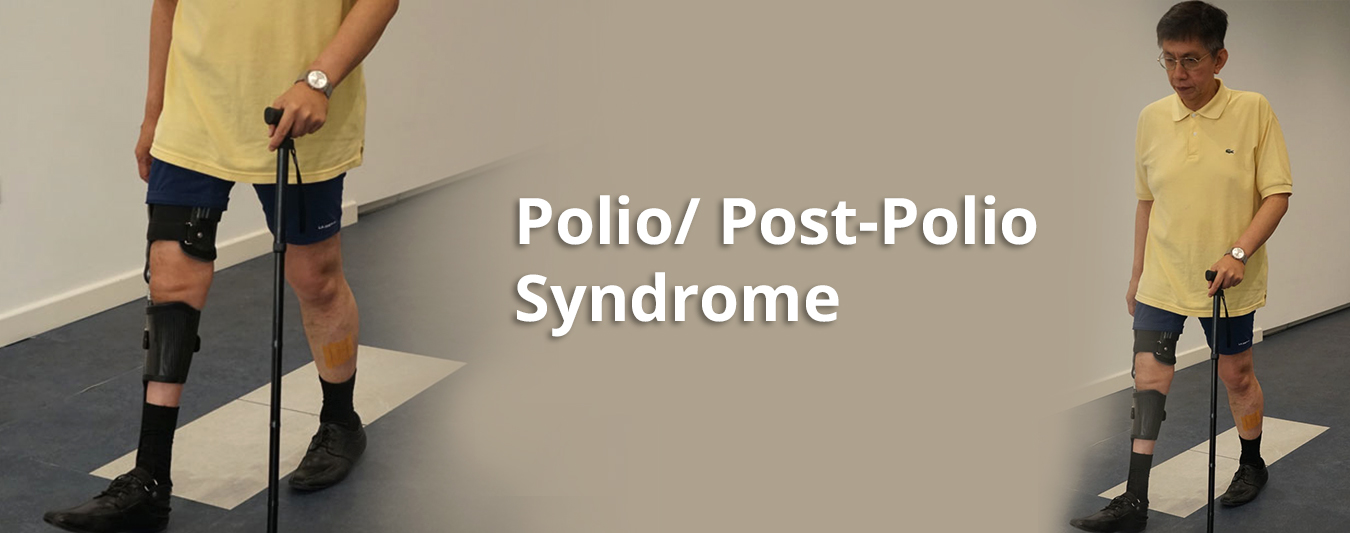
-

-

-

-

-

-

-

-

Kidney Disease/ Kidney Failure
- Diabetes
- Parkinsons Disease
- Osteoarthritis
- Rheumatoid Arthritis
- Multiple Sclerosis
- ALS/ Motor Neuron Disease
- Alzheimer’s Disease
- Autism
- Cardiovascular Disease/ Heart Failure
- Tinnitus/ Hearing Loss
- Retinitis Pigmentosa/ Vision Loss
- Spinal Cord Injury
- Stroke
- Cerebral Palsy
- COPD
- Muscular Dystrophy
- Macular Degeneration
- Baldness/ Hair Loss
- Chronic Fatigue
About Kidney Disease/ Kidney Failure
Chronic kidney disease, also called chronic kidney failure, describes the gradual loss of kidney function. Your kidneys filter wastes and excess fluids from your blood, which are then excreted in your urine. When chronic kidney disease reaches an advanced stage, dangerous levels of fluid, electrolytes and wastes can build up in your body.
In the early stages of chronic kidney disease, you may have few signs or symptoms. Chronic kidney disease may not become apparent until your kidney function is significantly impaired.
Treatment for chronic kidney disease focuses on slowing the progression of the kidney damage, usually by controlling the underlying cause. Chronic kidney disease can progress to end-stage kidney failure, which is fatal without artificial filtering (dialysis) or a kidney transplant.
Signs and symptoms of chronic kidney disease develop over time if kidney damage progresses slowly. Signs and symptoms of kidney disease may include:
- Nausea
- Vomiting
- Loss of appetite
- Fatigue and weakness
- Sleep problems
- Changes in how much you urinate
- Decreased mental sharpness
- Muscle twitches and cramps
- Swelling of feet and ankles
- Persistent itching
- Chest pain, if fluid builds up around the lining of the heart
- Shortness of breath, if fluid builds up in the lungs
- High blood pressure (hypertension) that’s difficult to control
Signs and symptoms of kidney disease are often nonspecific, meaning they can also be caused by other illnesses. Because your kidneys are highly adaptable and able to compensate for lost function, signs and symptoms may not appear until irreversible damage has occurred.
Until the most recent decades, kidney disease can only be treated by medications, dialysis and kidney transplant. While these traditional treatments can help manage kidney disease to some degree, they often bring unwanted side effects (in the case of medications) or high costs (in the case of dialysis and kidney transplant).
Nowadays, new advanced stem cell treatment such as Stem Cell Therapy Plus is giving new hope to kidney disease patients.
Stem cells are those cells that can easily become the cells of different organs where their need arises. This means that stem cells can evolve into cells of the kidney and other organ & tissues and so to treat degenerative diseases such as kidney disease. Stem Cell Therapy is at the heart of a new field of science and medicine called regenerative medicine.
Since stem cells have the unique ability to renew themselves and give birth to generations of cells with different degrees of differentiation, the use of stem cell therapy becomes very encouraging and promising for those who suffer with debilitating diseases. The stem cells can also replace damaged cells in different body parts without any risk of being rejected and without causing any side effects.
Anecdotal evidence shows the stem cells from Stem Cell Therapy Plus can facilitate regeneration of damaged nephrons by producing new podocytes, thus recovering and improving kidney function.
Unlike traditional Stem Cell Therapy which can only be applied via injection in the selective hospitals/ clinics, Stem Cell Therapy Plus delivers stem cells through high-tech bio-active softgel capsules which can be shipped in secure packages and delivered right to your home address. The lyophilized (freeze-dried) method employed in softgel capsules produces stem cells which remain biologically active (a proven technique for gently conserving biological substances) without damaging the effectiveness of the valuable, big, bio-active matter. Being enteric coated, softgel capsules by-pass the stomach and dissolve in the small intestine whereby the stem cells and other active ingredients are fully absorbed by the body. Therefore, to receive the results and benefits of Stem Cell Therapy Plus, all you need to do is to take 1 – 3 softgel capsules a day at the comfort of your own home.
